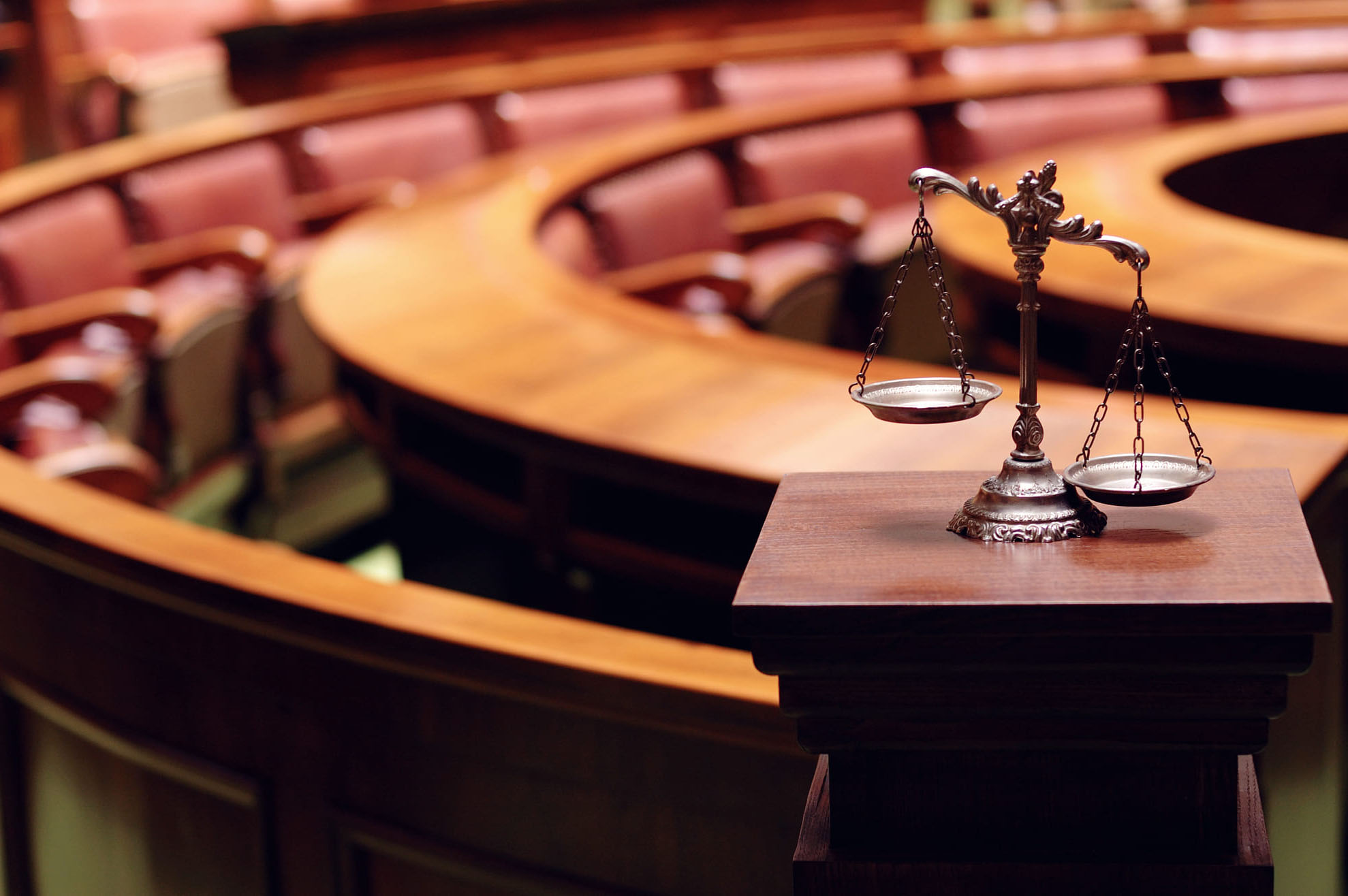Date of publication: 26 December 2019
Mikhail Ilyashev, Attorney at Law, Managing Partner
Source: ZN.ua
Over the years of independence Ukraine has been experiencing the ongoing judicial reform. Courts have repeatedly changed their names and court procedures have somewhat changed, yet one thing remained the same — the low level of public trust in the judiciary system.
So, what’s the problem? Why haven’t the attitude changed for more than a quarter-century, despite all the efforts of the authorities? Couldn’t they find the right form for Ukraine?
In my opinion, this is due to the lack of the actual desire with the society to have a true Justice as such. And the lack of demand for justice became a trend observed at all public levels, from the heads of state and big businessmen to the average citizens.
Many would disagree with me aloud, but I would advise them to be completely honest with themselves, to recall the litigations they were a party to, and to answer one simple question: “What did you expect from the court and the judge in your case?”. “Fairness and justice”, — will be the first answer striking your mind! Yet, I would venture to guess: didn’t you expect the court to resolve the dispute in your favor? After all, based on my observations, this is exactly what people expect from the Ukrainian courts. And, as a rule, full and one hundred percent win. But, believe me, this is not a worldwide trend. In the UK or Germany people have quite different expectations from the courts.
The court is the place where the dispute must be resolved. It is a fair, swift and lawful resolution of dispute that people apply for to the courts in England and should apply for to any court wherever. In Ukraine, however, people apply to court to win. That is the reason why all changes in the judiciary system have no effect on public opinion. After all, there will almost always be a losing and a winning party. As long as people apply to the courts to win, the number of dissatisfied with the judiciary system will remain unchanged.
Therefore, before throwing stones at a judge, blaming him/her for all the problems of justice, start with yourself. When applying to court, of course, you should hope for a victory, and this is quite normal, but be prepared to accept defeat and do not blame the judge or attorney. Maybe it is you who is guilty of losing because your legal position is wrong? Learn to accept defeat.
The attorneys should also make a contribution to the cause. They should not guarantee the win, but are obliged to properly evaluate the legal position and communicate it to the client. In the absence of a legal position the attorney must convince his/her client that the application to court makes no sense! Beware of those attorneys who ‘guarantee’ the outcome. It is quite possible that the attorneys will become the driving force of ‘mediation’ in Ukraine, i.e. the out-of-court negotiation of dispute, where the mediator helps the parties to resolve the matter rather than settles it on their behalf, as the judge or arbitrator does.
But for a person to accept defeat, he/she has to be sure that the decision is made free from third-party influence. We need to trust the decision maker. We should respect him/her not only as a person, but as a professional as well.
Today, however, we observe just the opposite. Even before the dispute is reviewed on its merits, the judge’s expertise and impartiality are heavily questioned. Should such a judge consider the dispute? Of course not. After all, any decision he/she takes will be declared by the losing party as erroneous or, even worse, as a wrongful one.
Therefore, the trust in the person reviewing the dispute should constitute grounds.
Yet, what should come first? Trust in the judge or the demand for justice and willingness to accept defeat in court? It is a very difficult question to answer, just like the chicken or the egg dilemma… I would put the demand for justice first.
As soon as the demand for justice arises, it is not only the public courts that will change. I am pretty sure that the institute of magistrate judges will revive, i.e. the institute of highly respected experts, to whom the parties will resort to resolve the dispute without the public courts’ involvement. I am also sure that the arbitration tribunals will appear, where the well-known and respected lawyers will review disputes between the parties and the parties will be able to jointly choose an arbitrator to decide on their case. Today, Ilyashev & Partners Law Firm and some other leading Ukrainian law firms are ready to render their services as mediators or arbitrators as an alternative to public courts. And the parties can be sure that the decision will be legal, fair and impartial, since no one will risk by ‘selling’ their reputation. Thus, one little thing is left: we are waiting for the moment when every resident of Ukraine – a successful entrepreneur, director of the company and a farmer – will really demand Justice from the court.
So, should we continue the endless judicial reform, or should we wait for the changes in the society first and then proceed with reforming? Yes, we should continue. First of all, it should be aimed at raising trust in public courts. In my opinion, this can be ensured by changes in the process of court formation. As an attorney with over 20 years of experience and hundreds of extremely complex litigations behind, I am a loyal supporter of the selectivity of judges. Especially the lower level judges. Making people able to choose the judge in the case will move the level of trust in the courts off the dead center and will reduce the judges’ dependence on those in power. This does not mean that there should be direct elections, like the elections of deputies, when almost anyone can be elected. This should be the election among professionals having a law degree, since a non-lawyer will not be able to do justice properly. As for the composition of the higher courts, they must be formed of the lower-level judges so that a person who has well established himself as a lower-court judge will gradually move the judicial vertical towards the Supreme Court.
In the presence of all these changes both in the society and in the process of courts’ formation, after a while we can hope for a fundamentally different attitude towards the court and judges in Ukraine.

